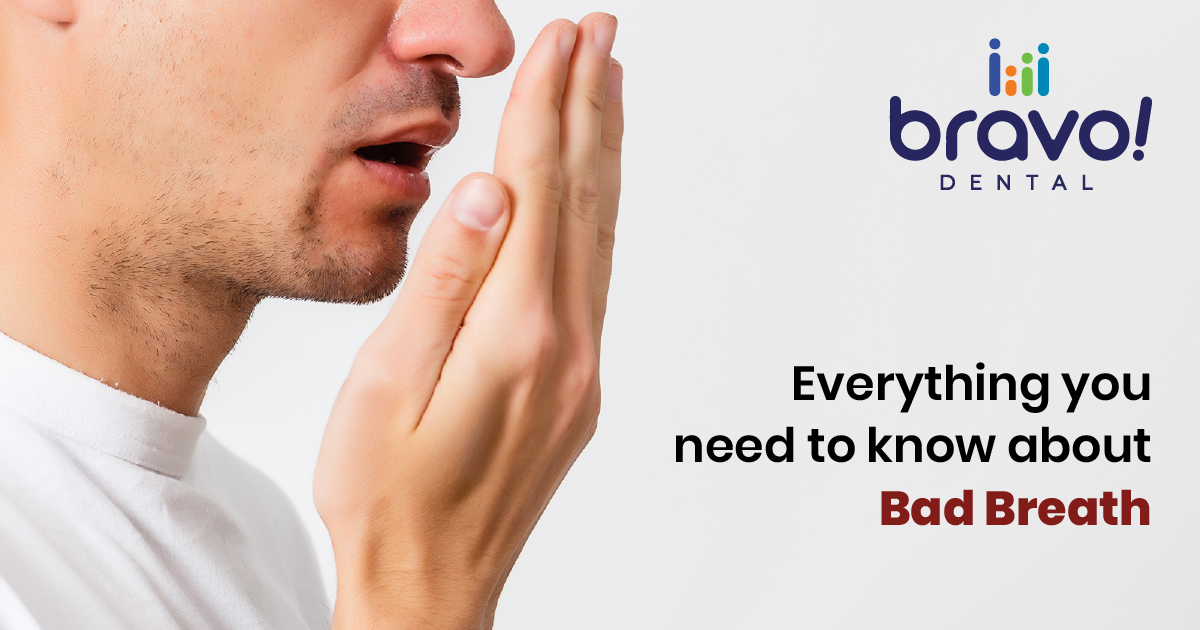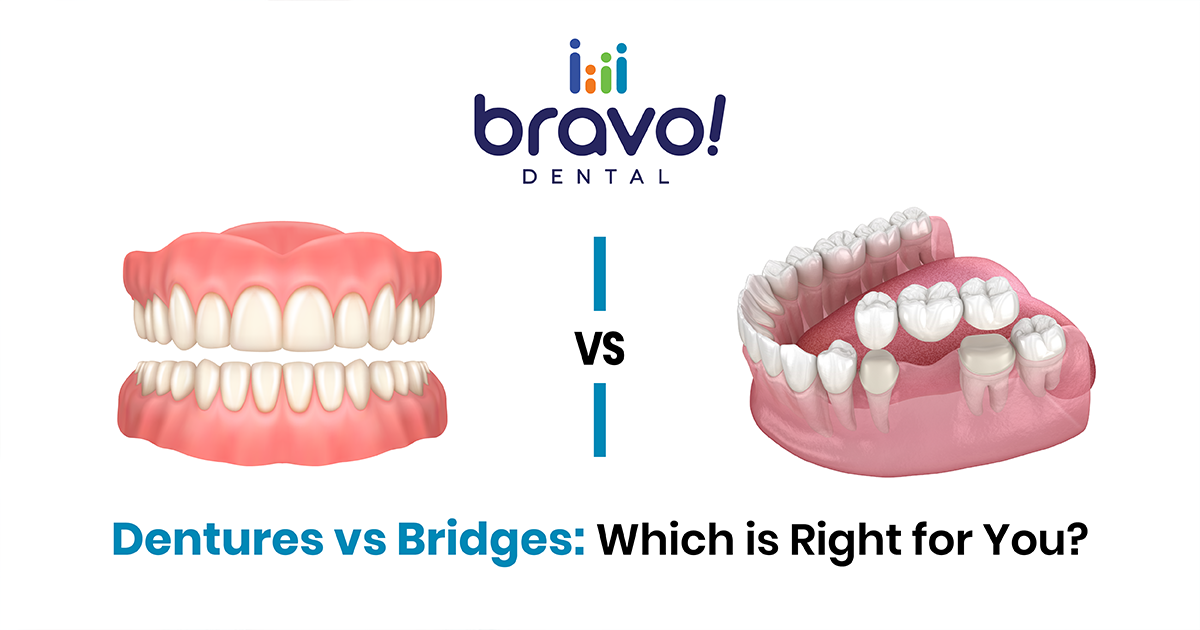
Bad breath, medically known as halitosis, can be discouraging, worry not for studies show it affects about half of the general population.
Everyone experiences foul breath from time to time, especially after consuming garlic, onions, or other strong foods. However, persistent bad breath (chronic halitosis) could indicate an oral health problem or a disorder affecting another portion of your body.
Halitosis is a sign of a variety of medical diseases. In other words, it acts as a warning signal from your body. The first step in treating halitosis is determining the source of the problem.
Causes of Bad Breath
Poor oral hygiene: It is the most common cause of halitosis. Without proper oral care, such as brushing, flossing, and regular dental cleanings, hazardous bacteria infiltrate and multiply uncontrollably in your mouth. This can result in various oral health complications, such as halitosis, cavities, and gum disease.
Food: The breakdown of food particles in and around your teeth can promote the growth of bacteria and generate a bad odor. Certain foods, such as onions, garlic, and spices, can also contribute to bad breath.
Tobacco: Smoking produces an unpleasant odor in the mouth. Smokers and users of oral tobacco are also more likely to have gum disease, which is another cause of bad breath.
Dry mouth: Because saliva helps to wash your mouth, halitosis can occur if your body does not produce enough saliva causing a dry mouth and raising your risk of gum disease.
Gastroesophageal reflux disease (GERD): It is a digestive ailment in which stomach acid or fluid spills back into your esophagus, the tube that transports food from your mouth to your stomach, causing bad breath.
Medications: Some drugs might cause bad breath indirectly by causing dry mouth. Others can be broken down in the body to release compounds that can be inhaled.
Infections: Bad smell can be caused by surgical wounds following oral surgery, such as tooth extraction, tooth decay, gum disease, or mouth sores.
Other conditions: Small stones that grow in the tonsils and are covered with microorganisms that produce odor can occasionally cause bad breath. Infections or persistent nose, sinuses, or throat inflammation can cause postnasal drip and bad breath.
Treatment for Bad Breath
The underlying source of the problem determines the therapy of bad breath. For example, if bad breath is caused by poor oral hygiene, a dental cleaning and better home oral hygiene will certainly be enough.
However, if halitosis is a symptom of another problem in your body, the dentist can assist you with accurate diagnosis and treatment.
The dentist may occasionally recommend special mouth rinses to battle certain bacteria in your mouth.
Conclusion
Bad breath is a frequent illness that can lead to low self-esteem. However, it is nothing to be ashamed of. It’s frequently your body’s way of alerting you that things aren’t quite right. The good news is that halitosis or bad breath can typically be eliminated by treating the underlying health condition. If you are facing similar issues, our experts at Bravo! Dental can help you with the right solution that works best for you.
happy to hear from you, contact us
Fill out the contact form below and Feel free to send any question or query.




